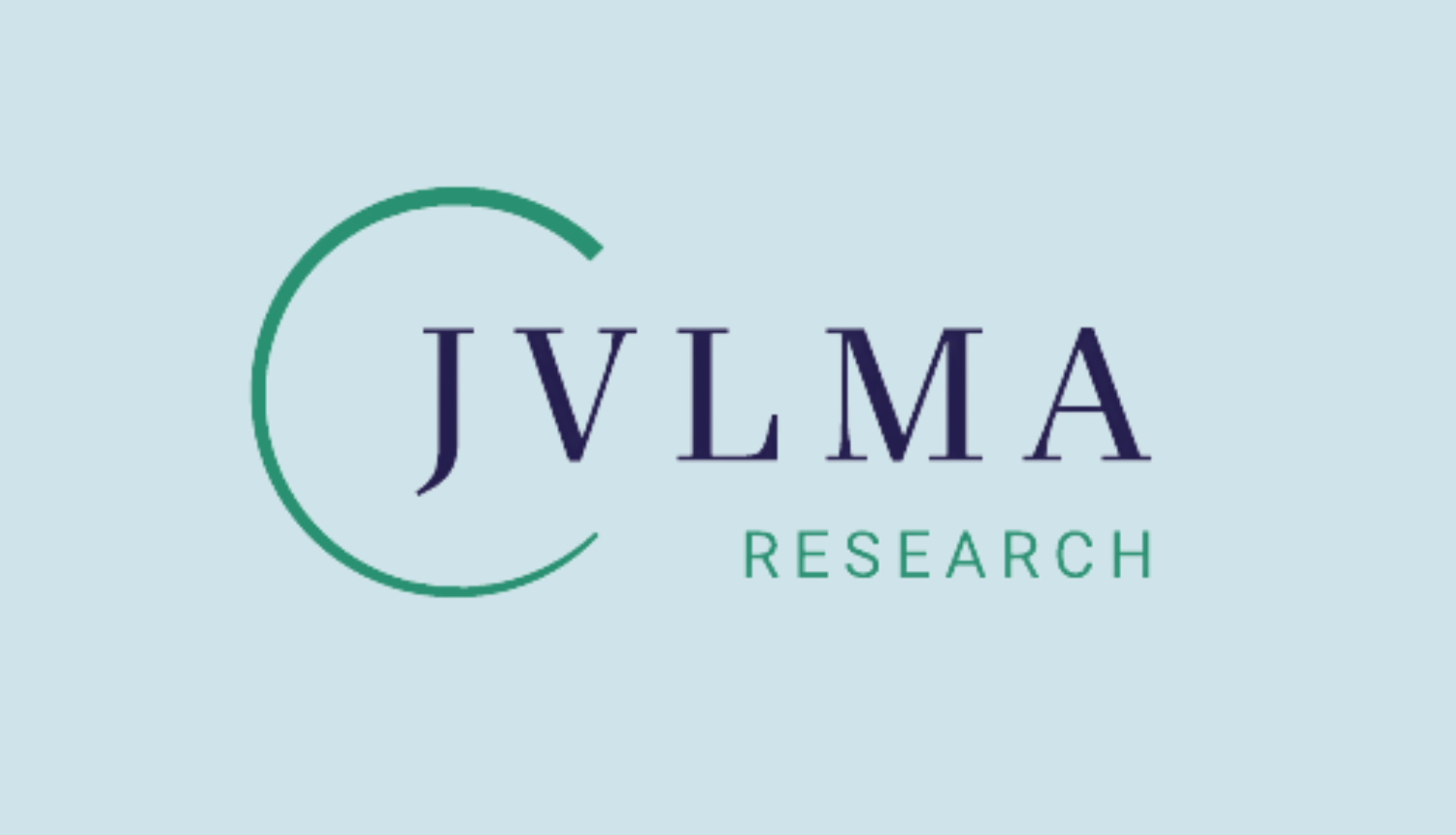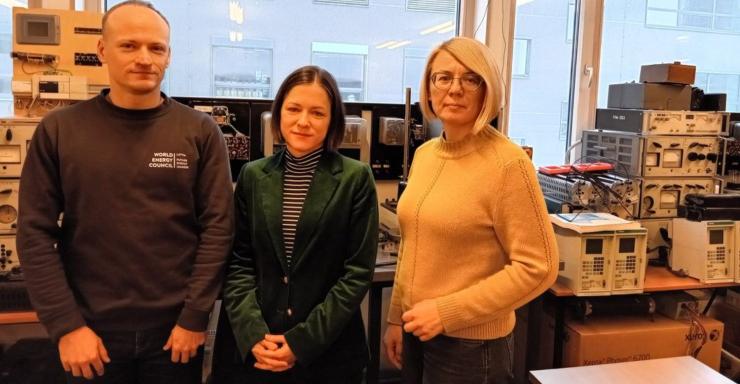Research at the Jāzeps Vītols Latvian Academy of Music (JVLAM) encompasses a variety of directions, forming a foundation for both preserving Latvia's musical traditions and generating new knowledge on an international scale. Marking JVLAM’s 105th anniversary, it can be confidently stated that the academy’s research activities have become a cornerstone of Latvia’s music science, which not only thrives but also harmoniously integrates into global academic and cultural processes.
In 2025, JVLAM became one of the first 12 scientific institutions to join researchLatvia – a science communication platform established by the Ministry of Education and Science. The interactive calendar “Research Latvia 2025” dedicates its January focus to JVLAM’s research, highlighting Dr. art. Diāna Zandberga’s contributions to the development of the field of choreomusicology.
At the academy’s Scientific Research Centre, 19 researchers work daily, generating new ideas. Each contributes to music research individually and collectively. The central and most tradition-rich research direction is musicology, based on in-depth studies in historical, systematic, and ethnomusicology subfields.
For instance, the annual publication "Music Academy Articles" results from collaborations among JVLAM researchers. In 2024, the 22nd issue was published as a special English-language edition, focusing on the cultural processes and case studies of popular music during the interwar period, in collaboration with researchers from Lithuania, Estonia, Serbia, and Germany.
Every year, JVLAM researchers reach new creative horizons, expanding the possibilities of music research through diverse ideas. Scientific, historical, auditory, modern – it’s nearly impossible to list all fields of inquiry, but the most prominent focuses have emerged over time:
- Research into Latvia’s music history: composers, instruments, genres, censorship, compositions, etc.
- Performing arts and practice: interpretation of compositions, repertoire choices and diversity, psychological aspects of performance, interplay of arts, etc.
- Scientific aspects of the musical environment: technology, psychology, perception, hearing, etc.
- Pedagogy: various aspects of music education, issues in teaching processes, etc.
- Ethnomusicology: ancient traditions, folklore, traditional singing, etc.

The projects and studies at JVLMA’s Scientific Research Centre are ever-evolving. For example, researcher Zane Prēdele, alongside Laura Švītiņa and Kristiāna Vaickovska, continues systematizing materials from the Jāzeps Vītols Memorial Room as part of the State Culture Capital Foundation-funded project “Systematization, Cataloging, and Digitization of Musicologist Oļģerts Grāvītis’s Archival Materials, Phase I.” In September 2024, four episodes of the radio show were produced for Latvian Radio 3’s “Klasika”, shedding light on the historical findings in O. Grāvītis’s archive at JVLMA.
Another significant and intriguing project at the Scientific Research Centre took place in the fall of 2018 in collaboration with Vilnius University (Lithuania) and National Sun Yat-sen University (Taiwan). JVLAM received financial support for the project “Brain-Computer Music Interfacing for Embodied Musical Interaction”. Research teams from Latvia, Lithuania, and Taiwan collaborated to create a brain-computer music interface (BCMI) capable of supporting affective communication in the context of musical interaction. These tools essentially open a new channel for emotional communication through music, making them immediately applicable in music therapy, education, and performance, where understanding, controlling, and communicating an individual’s emotional states are vital. The system also fosters the development of effective, reproducible, mobile, and affectively nuanced electroencephalography (EEG) and brain-computer interface (BCI) methods applicable across multidisciplinary fields.
JVLAM continues to develop its research activities by employing modern technologies and an interdisciplinary approach. The academy not only enriches Latvian and international music science but also drives innovation and creates new solutions to preserve, interpret, and enhance the recognition of music’s cultural heritage. JVLAM’s active involvement in international collaborative projects opens doors to new research opportunities and promotes scientific excellence.


